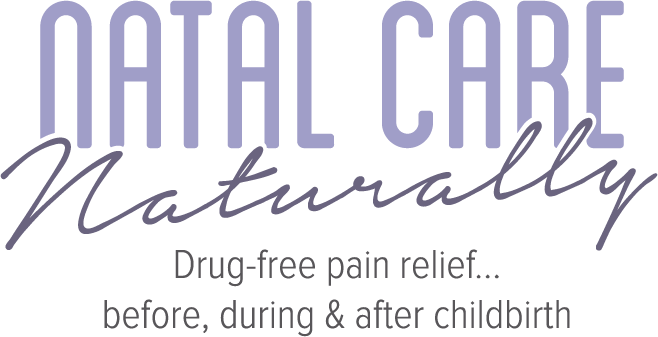Recently a friend told me about his wife going into labour. "We went up to the hospital, bags packed, ready to get the show on the road, but then we were told she hadn't dilated enough and we were sent back home," he told me. "She was so disappointed."
It's a story that would be familiar for many first-time mums. Knowing when you've reached established labour is hard to gauge - and as the pain continues to escalate, you're not sure how much you can take before heading to hospital. But if your pregnancy is low risk, riding out the early stages of labour (which can quite often be many hours!) at home is really important, according to midwife Sam Ghazi.
"Most midwives tell you to come to the hospital when you're having strong and regular contractions," she says. "If you come to the hospital too early, when you're not in established labour, they'll suggest you go back home because your home environment is less stressful, and you're more likely to progress your labour more comfortably and naturally."
While this can seem quite daunting as you're left to manage the pain by yourself, don't despair - there are a number of natural pain relief options you can prepare for in advance, to help you cope until you get to hospital.
Heat packs
Many women swear by using a heat pack on their lower back during labour to help manage pain. "This can help ease the tension and backache in early labour by relaxing the muscles," explains Sam. Hot water bottles or wheat bags are good options.
Labour TENS machine
"When I was gritting my teeth and breathing my way through early labour at home, I wouldn't have coped half as well without a labour TENS machine.
Not only did this help manage the pain, but it also worked as a good distraction and allowed me to feel like I had some control over the situation."
TENS machines are small, battery-operated devices with pads you place on your back, which transmit tiny electrical (and safe) impulses. These impulses flood your nervous system, reducing its ability to transmit pain signals through the spinal cord to your brain. Essentially the TENS interferes with the pain signals running through to your brain. "It is most effective in the early stages of labour," advises Sam.
Labour TENS machines can be hired over the internet.
Hot baths and showers
Hot baths and showers help during labour for two reasons: they help manage the pain, and they also help you to relax.
When Emma Runciman went into labour at home she was constantly jumping in and out of the shower to help lessen the pain. "I would go in for periods at a time until I thought the pain had eased," explains Emma. "Then I would jump out and do something else, but I never sat down." When the pain became too much again, she would jump back in the shower. She said by standing up with her back under the hot water she felt like a lot of the weight was lifted off her, which helped alleviate the pain.
Deep breaths
While in labour with her first baby, Leanne Milner used a combination of natural pain relief options to manage the pain while at home. One of these options was slow, deep breathing while bouncing on a fit ball or leaning over her kitchen bench.
Taking deep breaths during labour has a number of benefits, including sending extra oxygen to the muscles, which helps release tension and allows your muscles to relax.
There are many different breathing techniques you can try, so do some research to work out which one best suits you ahead of time.
Massages
This is where a good birthing partner comes into play. Having someone massage you can help stimulate the release of your own natural painkillers (endorphins) - and anything that kills pain will be your friend during every stage of labour.
However, Sam says to communicate with your birthing partner throughout your labour, as being touched may begin to annoy you as your labour progresses.
Distraction
The simple art of distraction has proven to be a great way of coping with pain. In the early stages of labour, occupy your time. Fold washing, watch Netflix, wander around your garden, pick flowers, read a book. If you're able to, keep quietly busy and active, and you'll find the time goes quicker.
Relax
Lastly, it's vital to relax while in labour. (You may already have realised that from all the information above!)
"Feeling as relaxed as possible is important because feeling anxious can make the pain and discomfort worse," explains Sam. "Women can try music, relaxation tapes, aromatherapy, and breathing techniques to try and stay relaxed."
None of these pain relief options will completely alleviate the intense pain of birthing a child, but they will hopefully help you manage it to the point where you reach regular, strong contractions and established labour.
Source: Exerts from Essential Baby
